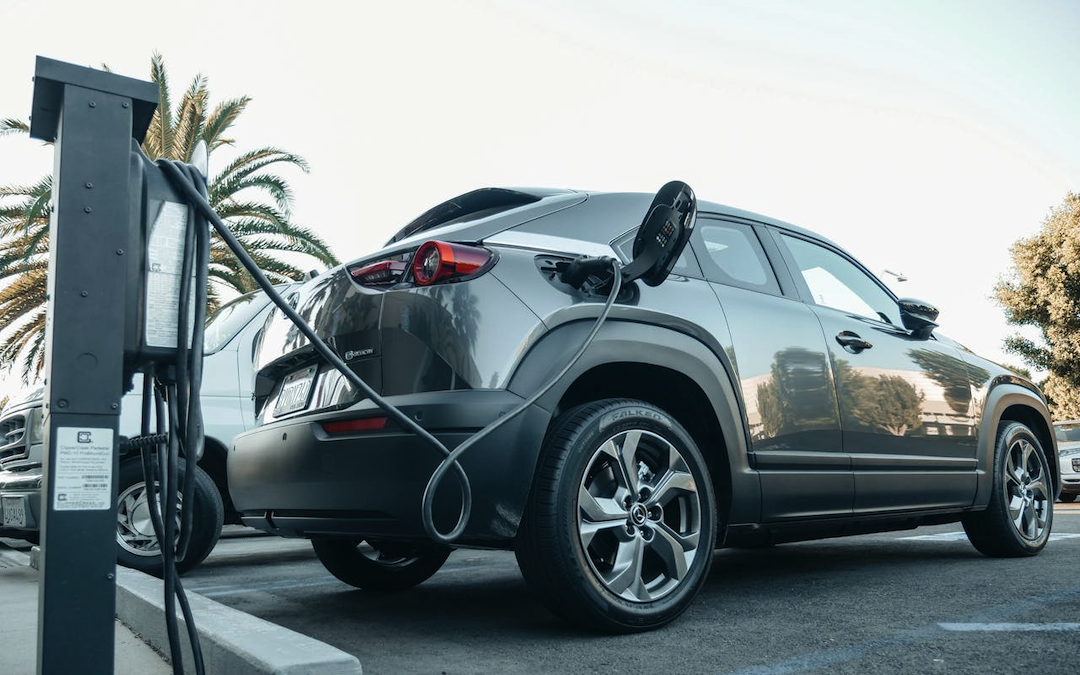
We are in the midst of an electric vehicle revolution as automakers continue to innovate, and more drivers are thinking about making the switch to cleaner, electric vehicles. The popularity of electric cars has increased dramatically in recent years. In spite of increased popularity, not everyone is ready to abandon the petrol station yet.
Even though these vehicles are fantastic inventions, they do not seem cost-effective for people who usually Rent.Cars or valuable enough for those who take quick trips. Some people have range anxiety, while others think the cost of purchase and upkeep is excessive. These and more are why some drivers think buying an electric car now might not be the best decision. See why drivers are not buying electric cars based on these practical reasons.
1. They Are Too Expensive
Compared to comparable gas-powered vehicles, EVs often have more significant upfront costs. KBB reports that the price of new EVs peaked in June 2022 at $66,997 and dropped by $11,597. To the ordinary American, that is a lot of money. Also, although they differ by model and location, insurance and maintenance costs for EVs may be more significant.
2. Range Anxiety
Most EVs have much shorter ranges than their gas-powered counterparts—typically between 150 and 300 miles per charge. For prospective EV buyers, range anxiety is still a legitimate concern because the charging infrastructure is still in its infancy. This problem is more difficult because charging outlets are more scarce than petrol stations, complicating long travel.
3. Longer Charging Time
Recharging an electric automobile can take much longer than refilling a petrol tank, even with rapid DC charging. A DC rapid charging session can take up to 20 minutes to add adequate range for comfortable driving, but a regular petrol station visit might take five minutes or less. This doesn’t help people with hectic schedules or in an emergency.
4. There aren’t many model options
Consumers have fewer options compared to the wide range of gas-powered automobiles, with just 40 EV models available in the U.S. as of 2023. Even if the market changes quickly and more models are anticipated to be released in the upcoming years, this shortage affects those with specific demands or preferences.
5. Rates of depreciation
Electric vehicles typically lose value more quickly than their gas-powered counterparts. During three years, a study revealed that an electric vehicle (EV) often loses 52% of its value, while a standard vehicle can only lose 39%. The quick depreciation can be detrimental to owners' finances and impact resale value.
6. Less Performance To Gas Cars
Gas cars outperform electric cars in terms of sustained top speeds, while electric vehicles are overhyped for their ability to accelerate faster than gas cars. However, electric vehicles are limited in their ability to accelerate beyond a certain point.
7. Unmet Assurances
Regarding automotive innovation, electric vehicles (EVs) have led the way with assurances of self-driving features and previously unheard-of range. Some of these claims might not entirely line up with the realities of the present, according to recent developments and customer experiences.
8. Additional Expenses
Installing a home charging station can range from $1,000 to $2,500, a substantial additional expense above buying an electric vehicle. This provides the ease of charging at home, but many prospective customers may be put off by the initial expense and possible need for electrical improvements in their homes.
9. Absence of Second-Hand EV Market
Since new and improved technology is being developed daily, electric vehicle technology is rapidly becoming outdated. With a range of around 75–115 miles, the earliest Tesla models were about as useful as a dated iPhone 3. The technology's relative newness and quick depreciation make it challenging to find a secondhand EV at a reasonable price.
10. Costly Maintenance and Repair
Even though EVs typically need less regular maintenance than gas-powered cars, repairs can still be expensive. Due to the specialized nature of EV parts and the current shortage of skilled technicians, owners may have to pay more for parts and maintenance. Due to their recent age, electric vehicles can also face several challenges that few repair shops are equipped to handle. You can understand why people would be wary of buying a vehicle they cannot operate, repair, or maintain.
11. Environmental Concerns
Environmentally hazardous procedures are used to manufacture and dispose of EV batteries, such as mining nickel, cobalt, and lithium. A study also revealed that EVs' tire emissions are 20% higher than those of gas-powered vehicles. All these actions bring up issues with habitat destruction, water contamination, and the carbon footprint of battery production.
Final Thoughts
If you want to get an electric vehicle soon, it's advisable to learn about everything we’ve discussed above. These could help you determine if an EV is the right choice for you and your family.
Related Posts
Share this post
Leave a comment
All comments are moderated. Spammy and bot submitted comments are deleted. Please submit the comments that are helpful to others, and we'll approve your comments. A comment that includes outbound link will only be approved if the content is relevant to the topic, and has some value to our readers.


Comments (0)
No comment